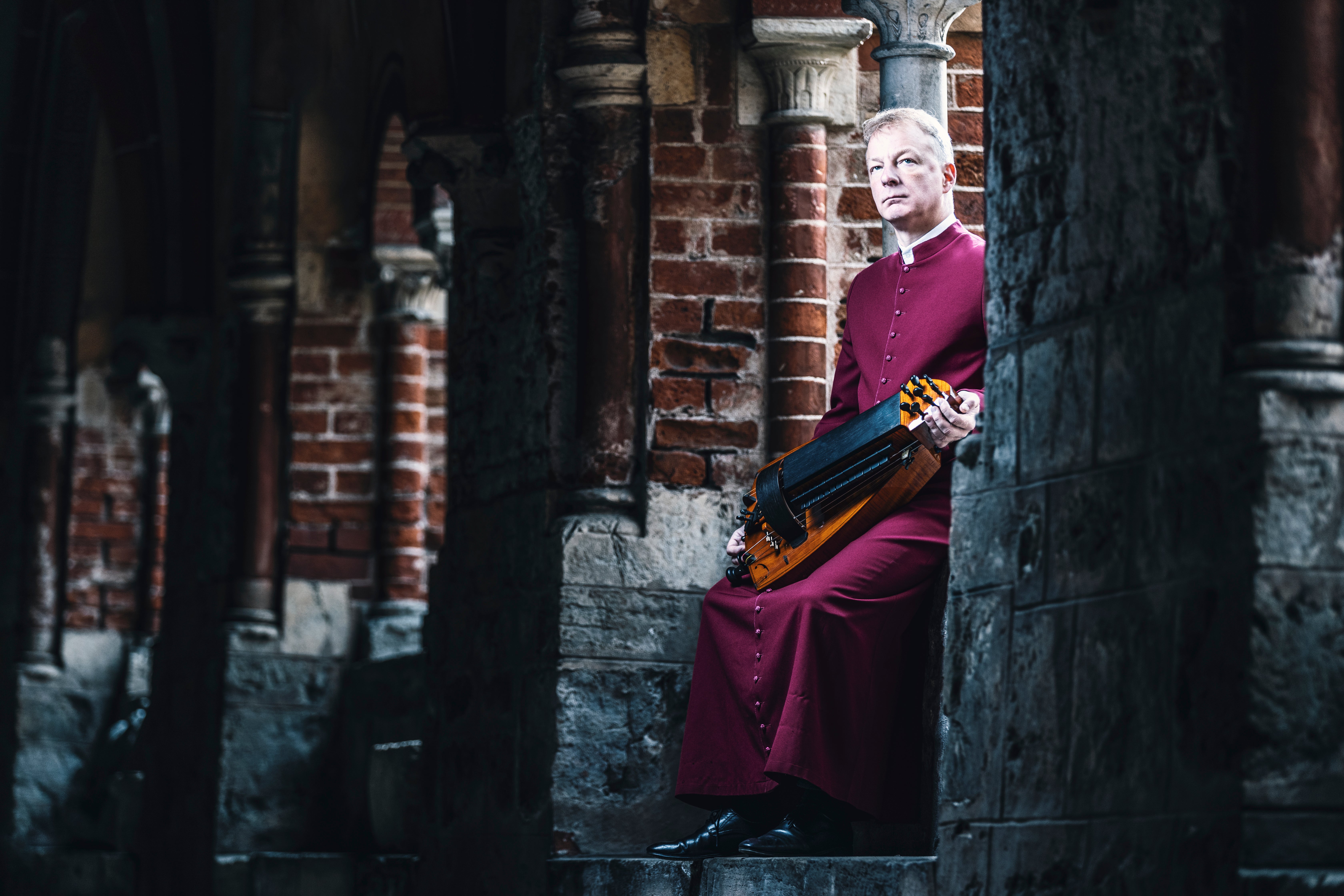Classical reviews: Medieval chants and Weinberg
Latvia’s vocal group Schola Cantorum Riga demonstrate what medieval chants would have sounded like half a millennium ago, while the Arcadia Quartet perform music by the Polish-born Soviet composer Weinberg

Vox Clara
Schola Cantorum Riga; Guntars Pranis, director; Ieva Nimane, recorders and bagpipes
LMIC/SKANI 085
★ ★ ★ ★ ☆
Choral singing has always been a speciality of the Scandinavian countries, and this collection of medieval chant from Latvia’s Riga, Germany’s Hamburg, Sweden’s Lund, and unexpectedly Limoges in France, is as stylish as one might expect. As the director Guntars Pranis of the vocal group Schola Cantorum Riga points out, it’s a myth that musicians and singers in medieval times only sang what they read in manuscripts; improvisation was central to their art.
Christmas is the theme that runs through this CD, and, with the intensely virile sound of the male-voice choir of Riga Cathedral, we can get a vivid idea of what this music would have sounded like half a millennium ago.
Weinberg String Quartets Vol 1
Arcadia Quartet
CHAN20158
★ ★ ★ ★ ☆
After many years in the Soviet shadows, the composer Mieczyslaw Weinberg (1919-1996) is now basking in a blaze of posthumous international fame, even if, as the critic, David Fanning points out in his liner note, there is vigorous debate over what his nationality actually was.
Born into a secular Jewish family in Poland, where his father played the violin in a Jewish theatre orchestra, he and his family escaped two Nazi invasions, from Warsaw to Minsk in 1939, and from Minsk to Tashkent in 1941; since the Soviet Union saved his life, he regarded that as his home. His music owes more debts than the one to his mentor Shostakovich – echoes of Bartok and Szymanowski are unmistakable – but his own style in the three early works on this CD - which are beautifully played - is warm and compelling.



Join our commenting forum
Join thought-provoking conversations, follow other Independent readers and see their replies
Comments